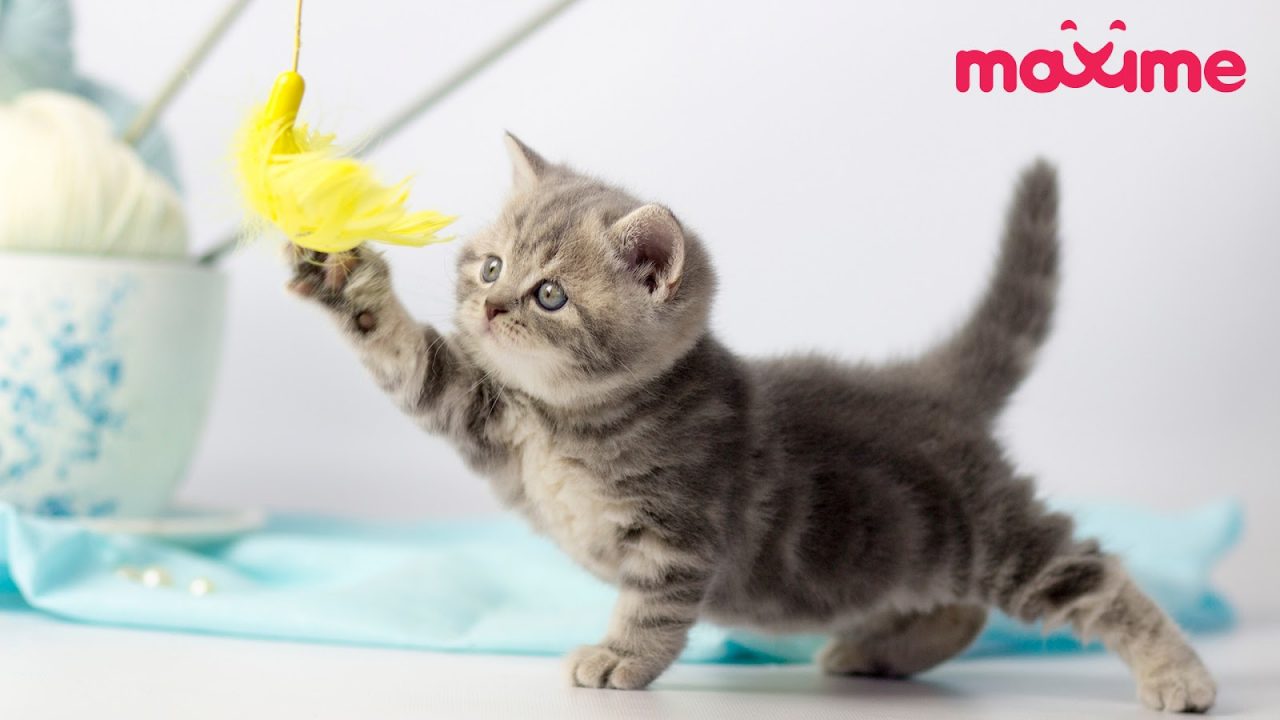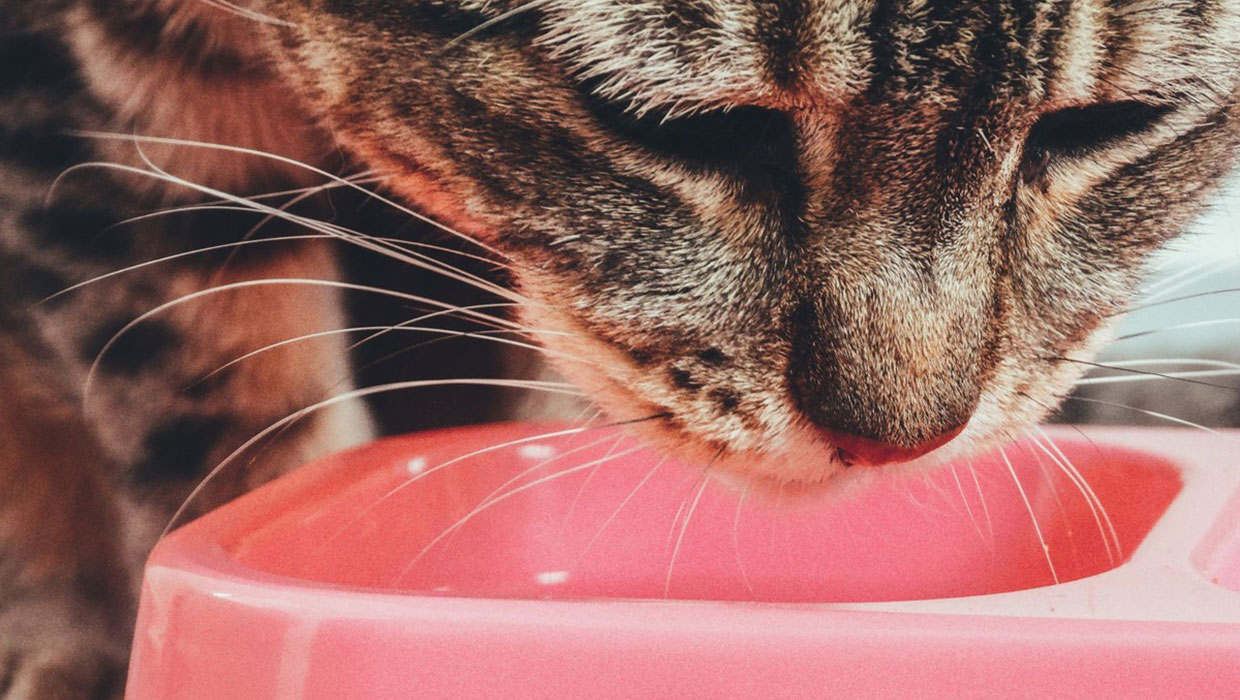An article from the American Society for the Prevention of Cruelty to Animals reported that around 10% of cats encounter potty problems. Similar to humans, this can cause embarrassment and significant stress, not only for the cats but also for their owners. That’s why it’s crucial to promote proper cat litter habits and maintain a clean litter box not just for felines but also for their “fur”-rents. Let’s explore how to address these common issues. Keep reading to learn more about solving dirty litter box cat health problems.
Understanding Cat Behavior
Cats’ behaviors around their litter boxes are rooted in their instincts. Understanding these is important for addressing litter box problems effectively. They are naturally inclined to bury their waste since they inherited this trait from their wild ancestors, who concealed their presence from potential predators in this way. It is deeply ingrained in their DNA and influences their litter box habits
As you resolve litter box issues, comprehending these feline instincts is essential. Cats prefer clean and well-located litter boxes that mimic their favored toileting environment in the wild. If the litter box doesn’t meet their standards, they may seek alternative spots for elimination, resulting in household accidents.
Identifying Common Litter Box Problems
Cat owners often encounter common litter box issues, such as litter tracking, inappropriate urination, and avoidance of the litter box. Litter tracking involves cats carrying bits of litter on their paws and leaving a trail around the house. Meanwhile, inappropriate urination refers to cats urinating outside the litter box, and avoidance is when cats deliberately steer clear of their designated spot.
Each of these problems can be indicative of underlying issues. Litter tracking may result from the type of litter used, prompting a need to switch to a less tracking variety. Inappropriate urination might signify medical problems like urinary tract infections or behavioral issues like stress or territorial marking. Avoiding the litter box can also be tied to medical problems, like pain while urinating, or behavioral issues, such as anxiety or dislike of the litter box’s location.
It’s important to identify these common litter box problems and understand their potential causes to find effective solutions in maintaining healthy potty behavior for your cat’s overall well-being.
Solutions for Litter Box Aversion
Addressing litter box aversion requires careful consideration. Start by choosing the best litter box for multiple cats. This choice can be crucial when dealing with multiple feline companions. Cats have preferences, so it might take some experimentation to find what your cat likes best. Generally, unscented clumping litter tends to be a popular choice.
Location and privacy also play significant roles. Place the litter box in a quiet, low-traffic area where your cat can have some privacy. Avoid areas with loud noises or other pets that could cause stress.
Maintaining cleanliness is also important. Scoop waste daily and change the litter regularly to prevent odor buildup. Cats are more likely to use a clean box.
Try different box styles, like covered or uncovered, to see what your cat prefers. In multi-cat households, ensure each cat has access to their own box.
By addressing these factors and being patient, you can help your cat overcome litter box aversion and have healthy elimination habits in place.
Managing Litter Tracking
Litter tracking is a common issue for many cat owners. If you’ve noticed that your cat stopped using the litter box due to litter tracking, there are practical solutions to explore. To tackle this issue, consider investing in a litter mat designed to trap litter particles as your cat exits the box. These mats are placed outside the litter box and can significantly reduce tracking around the house.
Another option is to opt for a larger litter box or one with higher sides to contain the litter more effectively. Hooded litter boxes can also help contain litter and provide your cat with privacy.
Maintaining cleanliness is essential in minimizing tracking. Regularly clean the litter mat and the area around the litter box. Consider using a handheld vacuum or a small broom and dustpan to sweep up stray litter particles.
You can effectively avoid litter tracking with these clever strategies and by using the right products. It also ensures a cleaner and more pleasant living space for both you and your feline friend.
Dealing with Inappropriate Urination
Inappropriate urination can be a distressing issue for cat owners, but understanding the reasons behind it is the first step in finding a solution. Cats may urinate outside the litter box due to various reasons, including medical issues or stress.
To identify the cause, observe your cat’s behavior and look for signs of discomfort or distress. If you suspect a medical problem, consult your veterinarian promptly. Medical issues like urinary tract infections or diabetes can lead to inappropriate urination and require professional attention.
Stress-related urination problems can be addressed by identifying and removing the sources of stress in your cat’s environment. Ensure a peaceful and comfortable space for your feline friend.
Cleaning is crucial to prevent repeat incidents. Use enzymatic cleaners to eliminate odors completely. Cats are more likely to return to the same spot if they can still smell their urine.
Preventing Future Litter Box Problems
Prevention is key to maintaining a trouble-free litter box routine for your fur baby. To keep litter box problems at bay, try following these helpful steps:
Gradual Changes – When introducing changes to your cat’s routine or environment do so gradually. Cats are creatures of habit and can be sensitive to sudden changes. This approach helps reduce stress and potential litter box issues.
Regular Vet Check-ups – Schedule regular check-ups with your veterinarian. These visits are important for monitoring your cat’s overall health and addressing any medical concerns right away. Early detection and treatment can prevent litter box problems related to health issues.
Diet Matters – Nutrition plays a vital role in urinary and excretory system health. Consider feeding your cat Maxime Elite Dry Cat Food. This balanced diet helps maintain healthy urine due to its optimal mineral balance. Plus, it contains ingredients that help support with urinary care to reduce urinary problems commonly found in cats.
Overcoming Litter Box Challenges
Cat owners should not be disheartened by litter box challenges but view them as opportunities for improvement. Loving your cat means embracing all aspects of their lives—even messy poop and urine accidents.
Remember, addressing these problems is an essential part of responsible pet ownership. It’s an expression of love and care for your feline companion. Helping your cat overcome these litter box problems will not only lead to a cleaner and more pleasant living environment but also foster a deeper bond between you and your beloved pet.
So, the next time you face a dirty litter box, remember that with patience, understanding, and the right strategies, you can guide your cat toward better litter box habits. In the end, a happy and healthy cat that loves you even more is the ultimate reward for your efforts.




